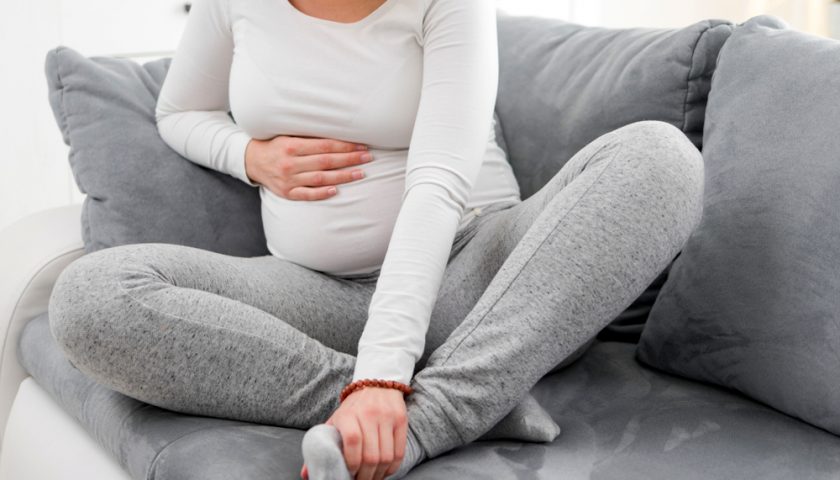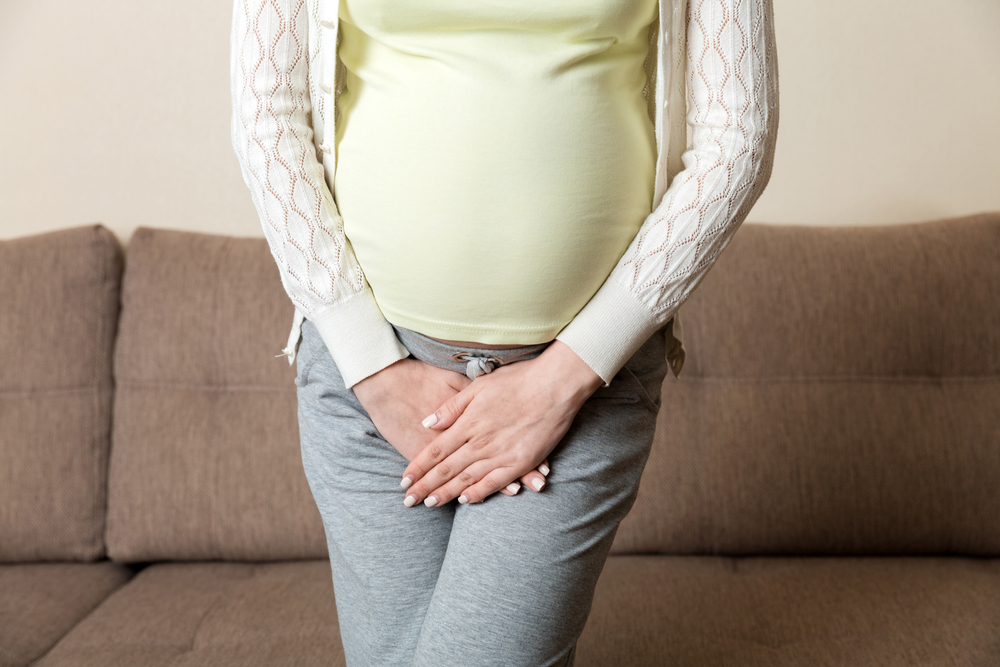Pregnancy causes a variety of physical changes and discomforts.
Your bodily parts are stretching and shifting. You’re virtually high on hormones. Also you might feel like you’re waking up in the body of someone else every morning.
There will be aches and pains, some expected and some unexpected. Vaginal pain is also the one.
Perhaps you assumed vaginal pain would only occur during delivery. But many pregnant women experience pressure or pain around the vaginal area occasionally throughout the pregnancy period.
Why is it so? Let’s talk about the causes and how to get rid of vaginal pain during pregnancy.
Causes of Vaginal Pain in Pregnancy
During pregnancy, different women will have distinct vaginal pain feelings.
Some people experience acute vaginal pressure, while others experience a dull discomfort across their pelvis or the sensation of a weight pressing down on their entire lower body.
The baby’s weight pressing down on the pelvic floor causes pelvic pain late in pregnancy, but many additional factors can induce pelvic pain during pregnancy.
Let’s address the various causes of vaginal pain in pregnancy.
Early Pregnancy – Relaxin Hormone is the Cause
‘Relaxin’ sounds like a hormone that would allow you to relax and be that peaceful mama, growing with her baby, which isn’t far off the mark.
This hormone is produced by your ovaries and placenta, and its levels rise throughout pregnancy. However, relaxin levels are highest during early pregnancy. High amounts of this hormone may aid the fertilised egg’s implantation in the uterine lining.
This hormone relaxes the muscles, allowing the infant to move through the pelvic area more easily during birth. Moreover, relaxin can induce muscle soreness or tension in some women, including in or around the vaginal area.
Relaxin may also damage the ligaments that support the pelvis, This might cause a pressure sensation, as if something is pressing down on the vagina.
Vaginal Pain in Second and Third Trimesters
The combination of a weaker pelvic floor and increased weight placing strain on the pelvis can produce vaginal pain in the second and third trimesters.
The pelvic floor resembles a muscular sling. It protects the pelvic organs, such as the uterus, vagina, urethra, and bladder. The pelvic floor can weaken during pregnancy.
In the second trimester, the extra weight of pregnancy is often more evident. The uterus provides increasing pressure on the lower body as the pregnancy advances.
This pressure can induce a feeling of fullness in the vaginal canal or generalised pain and pressure in the hips and pelvis as the pelvic floor weakens.
At later stages of pregnancy, a pressure in the pelvis may be an early symptom of labour for some women. If they have stomach cramps or a feeling of something pressing down on their uterus, it could indicate that they are soon to give birth.
Also know about is it normal to have lower abdominal pain in early pregnancy.
Other Factors of Vaginal Pain During Pregnancy
In all stages of pregnancy, there are some common circumstances that might cause a sense of vaginal pain. Among them are:

Constipation
Constipation is a common complaint among pregnant women. When the stool is firm or several days have gone without a bowel movement, constipation can induce a sense of pressure or pain in the vaginal area.
You can be relieved from constipation by drinking plenty of water and eating fruits and other high-fibre meals. Know more about how to get rid of constipation.
Increased Blood Flow
During pregnancy, increased blood flow to the vaginal area is common, as is profuse vaginal discharge. These changes are caused by increased oestrogen and progesterone levels. Vaginal discomfort or soreness might result from the increased overall volume of blood.
Bladder Infections
Moving next to causes of vaginal pain in pregnancy is bladder infections. Bladder pressure in some women is accompanied by pressure or soreness in the bladder.
During pregnancy, women are more prone to acquire a bladder infection that causes the sense of vaginal pain.
Bladder infections are simple to cure, but they can progress and raise the risk of health problems during pregnancy if left untreated. If the vaginal or pelvic pressure is accompanied by trouble going to the bathroom, urinating pain, or a fever, contacting the doctor right away becomes more critical.
Ectopic Pregnancy
Ectopic pregnancy is another possible cause of vaginal pain. This happens when the fertilised egg implants outside of the uterus. The fertilised egg will usually attach to a uterine tube.
Ectopic pregnancies are impossible to carry to term. Outside of the uterus, the fertilised egg is unable to live. An ectopic pregnancy can rupture the uterine tube, resulting in vaginal pain, bleeding, lightheadedness, and nausea in some situations.
If you have any indicators of an ectopic pregnancy, get medical care.
How to Relieve Vaginal Pain During Pregnancy?
Vaginal pain affects nearly every pregnant woman at some point leaving them wondering, ‘how to get rid of vaginal pain during pregnancy’. There are a few alternative ways to obtain brief relief without pain drugs (which should be allowed by a doctor).
Consider the following suggestions:
- Try lying down on your side and concentrating on your breathing to reduce pressure right away.
- Perform pelvic tilts and rolls, as well as other exercises to strengthen your pelvic floor.
- If at all possible, avoid unexpected movements.
- Avoid twisting at the waist. Work on twisting your entire body instead.
- Relax in a pleasant bath filled with warm water (not hot). You can also stand in the shower and spray your back with the water.
- Use a belly sling, commonly known as a pregnancy support garment. They’re made to support your stomach while also providing relief for your hips, pelvis, and lower back.
- Get a prenatal massage from a professional therapist who specialises in treating pregnant women.
- Try to sit as much as possible. If possible, elevate your feet.
- Don’t quit working out if you did before you got pregnant. Make adjustments as needed, but continue to exercise regularly. Consult your doctor if you’re unsure how to adapt your workouts.
When to Consult A Doctor?
If your vaginal pain is minimal, use your prenatal appointment with your doctor to discuss it.
Seek medical attention if the discomfort is severe and is accompanied by following conditions
- Fever
- Headache
- Dizziness
- Bleeding
- Painful and frequent urination
- Changes in baby movements
- Swelling of the face, hands, and feet
Treatment as soon as possible may assist to avert consequences. To get consultation, make an appointment with the best gynaecologists via Healthwire.pk.
